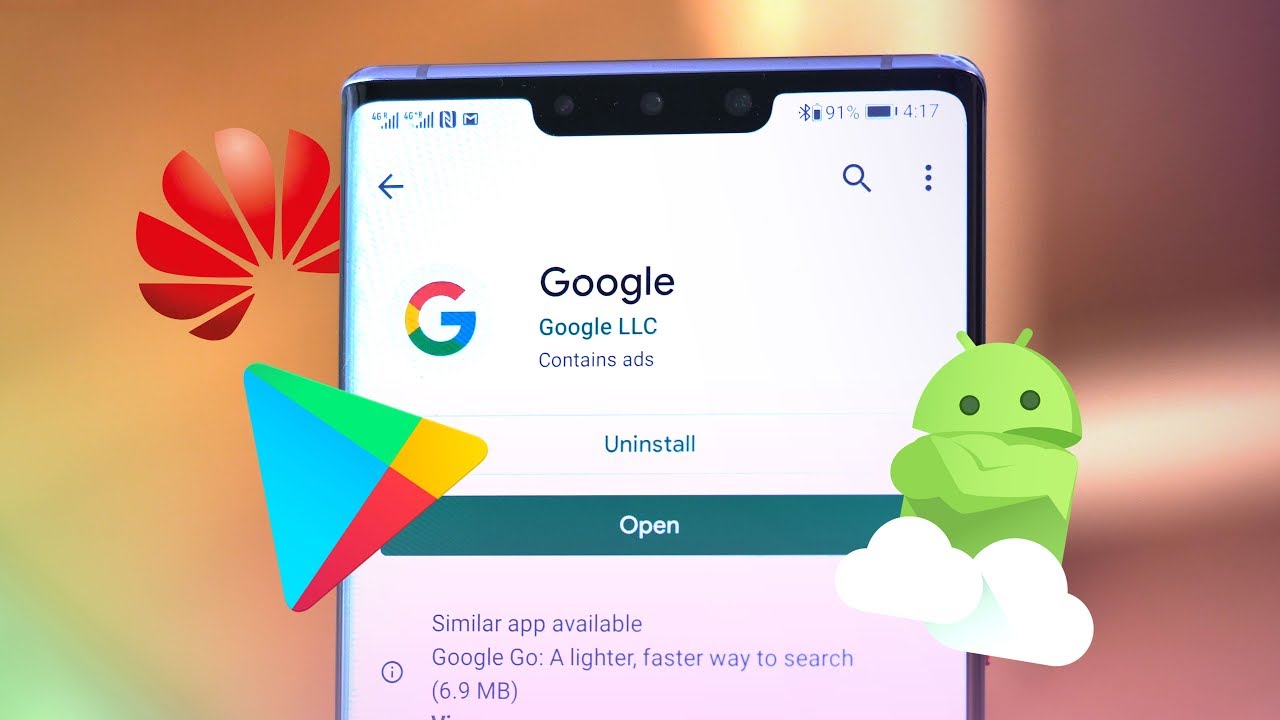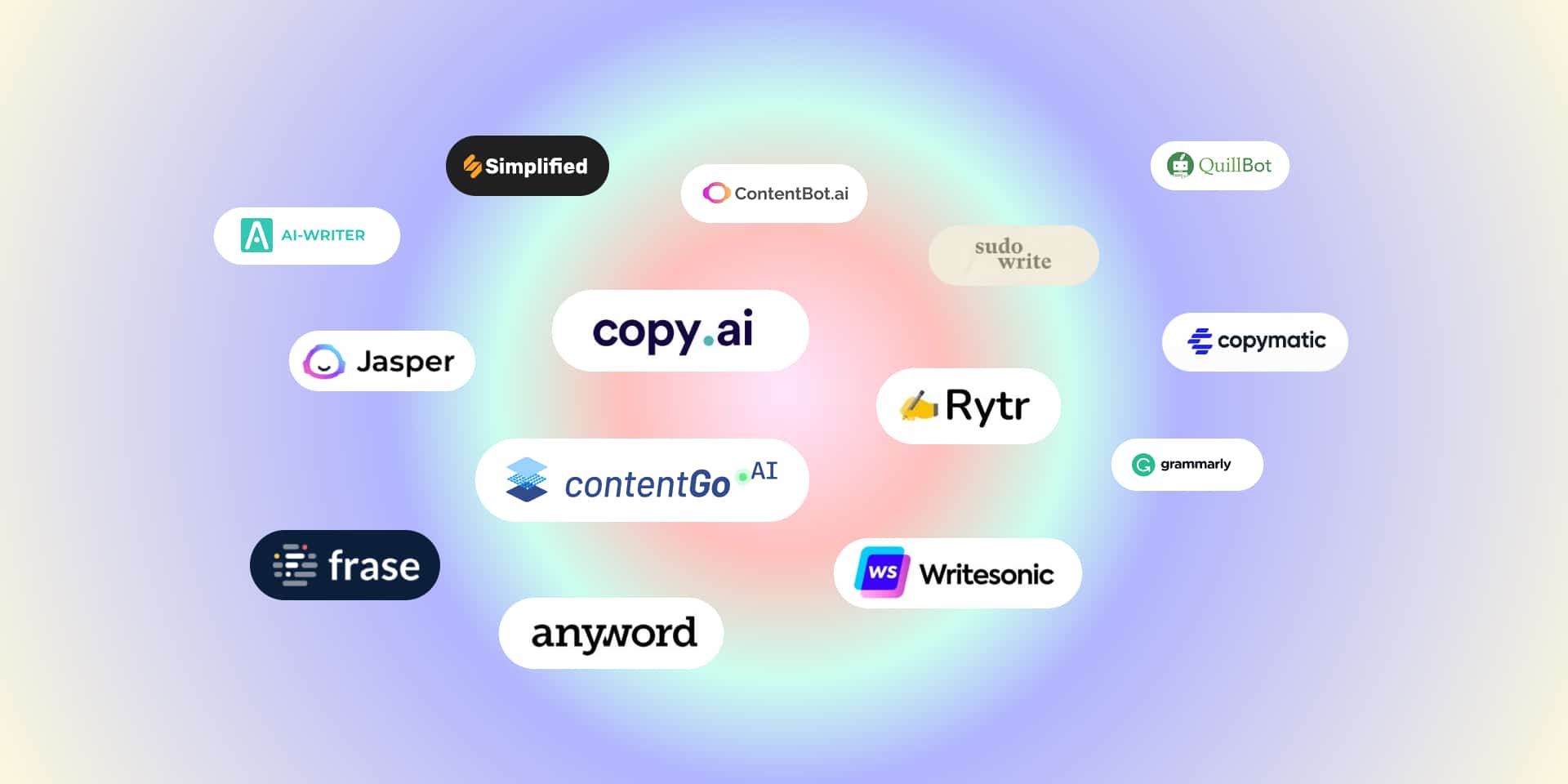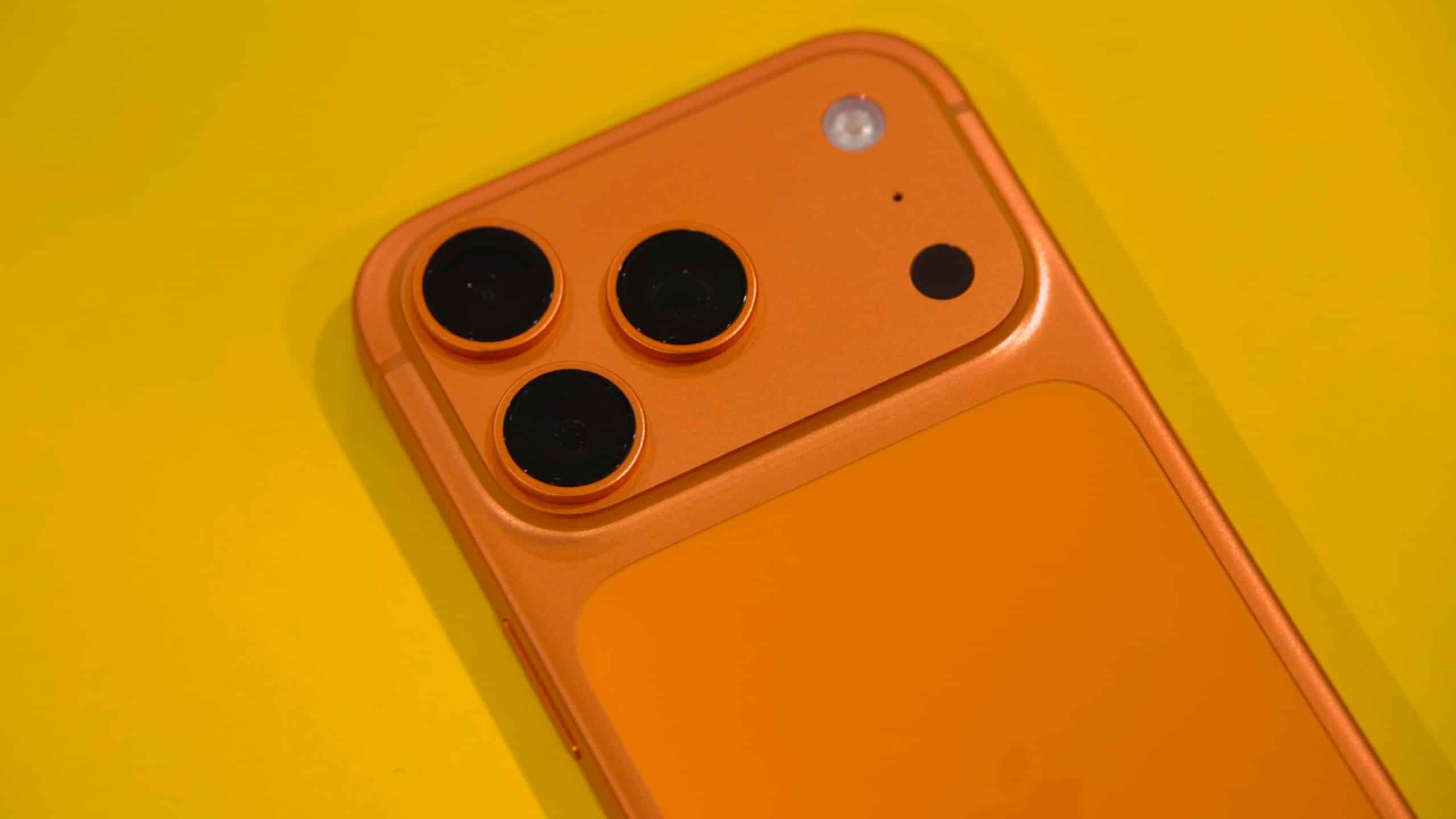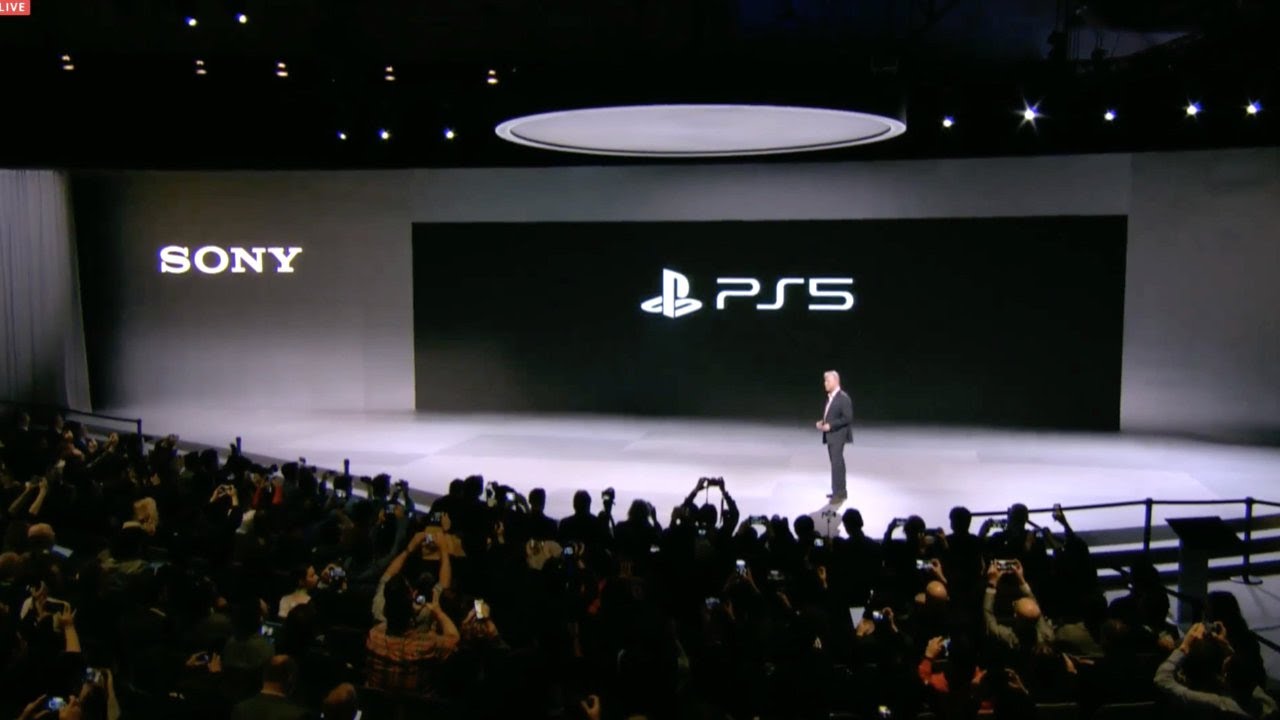
Huawei has suffered a loss from Google services such as the Play Store as a result of US sanctions, and now it looks like the Chinese company is about to take the most important step in response.
Reuters reported recently that major smartphone makers like Huawei, Xiaomi, Oppo and Vivo are working together on a platform that works alike Google Play Store.
These companies are under the aspect of the Global Developer Service Alliance (GDSA), and the move appears to be an attempt to challenge the Google Play Store’s international monopoly.
Google Play Store is banned in China and Android users download apps from various app stores, most of which handle different companies like Huawei and Oppo,
But outside of China, Google Play Store is dominated, allowing developers to upload their software, on different platform.
Third-party app stores face difficulties as a result of this monopoly, and are now being challenged by the GDSA platform.
The GDSA’s Prototype website states that its services are planned to be introduced in 9 countries and territories including India, Indonesia, Russia and Malaysia.
According to the report, these Chinese companies are very strong in different regions, such as Xiaomi in India or Huawei Europe, and during the last quarter of last year, these companies sold 40% of smartphones worldwide.
This new platform will make it easier for developers to upload their apps to all stores simultaneously.
Google Play Store’s global dominance is an even bigger problem for Huawei, which lost Google apps and services, including a Play Store license, due to US sanctions last year.
Due to this issue, Huawei decided not to push its flagship phone Mate 30 for sale globally, while also announcing it to work on its operating system Harmony OS and as an alternative to Google services. Huawei invested one billion dollars to establish mobile services.
Read More: The UK ready to give Huawei a role in 5G network
The Play Store is very important in Google’s revenue sources, which earned $ 8.8 billion worldwide last year.
The Chinese company plans to introduce a new platform in March, but could also be tainted by the spread of the Corona virus in China.









